Choosing the right sunscreen is crucial to protect your skin from harmful UV rays, prevent premature aging, and lower the risk of skin cancer. However, with so many products on the market, it’s essential to understand what ingredients to prioritize, especially for oily skin types. A well-formulated sunscreen should not only offer strong sun protection but also cater to your skin’s unique needs. Regular sunscreen use can cut the risk of melanoma by 40% and prevent up to 80% of sun-induced skin aging.
In this article, we'll break down the key ingredients to look for in sunscreen and point out harmful ones to avoid, with recommendations for those with oily skin.
5 Key Sunscreen Ingredients to Look For
- Zinc Oxide and Titanium Dioxide (Mineral Filters) Mineral sunscreens, also known as physical sunscreens, contain zinc oxide or titanium dioxide. These ingredients sit on the surface of the skin and physically block UVA and UVB rays. They are excellent for sensitive skin and are less likely to clog pores, making them ideal for oily skin types. Look for sunscreens with at least 10% zinc oxide for broad-spectrum protection.
- Avobenzone Avobenzone is a popular chemical sunscreen ingredient known for its ability to block UVA rays effectively. It works well for oily skin as it is lightweight and non-greasy. Dermatologists often recommend it as a key component in sunscreens for oily skin.
- Niacinamide This anti-inflammatory ingredient is often added to sunscreens for its skin-soothing benefits. Niacinamide helps reduce oil production and minimizes the appearance of pores, making it perfect for those with oily or acne-prone skin.
- Hyaluronic Acid Though commonly associated with moisturizers, hyaluronic acid is an excellent hydrating ingredient found in some sunscreens. It attracts moisture to the skin without making it greasy, making it suitable for oily skin types.
- Octocrylene This chemical filter not only protects against UVB rays but also stabilizes other sunscreen ingredients, making your sunscreen more effective. It also has moisturizing properties, which can be beneficial for those with oily skin looking for a hydrating sunscreen.
4 Harmful Ingredients in Sunscreen to Avoid
- Oxybenzone Oxybenzone is a common ingredient in many chemical sunscreens, but it has raised concerns for potentially disrupting hormones. It is also known to cause skin irritation, especially for those with sensitive or oily skin.
- Octinoxate This chemical filter is effective at absorbing UVB rays but can be irritating to the skin. For those with oily skin or acne-prone skin, octinoxate may clog pores and lead to breakouts.
- Parabens Parabens are preservatives used in many skincare products, including sunscreens, to extend shelf life. However, they have been linked to hormonal disruptions and may trigger breakouts in oily skin.
- Fragrance Artificial fragrances in sunscreen can irritate the skin and cause allergic reactions. Fragrance-free sunscreens are particularly important for people with oily or sensitive skin, as added scents can lead to clogged pores or irritation.
Sunscreen for Oily Skin
Choose a sunscreen for oily skin dermatologist recommended, and look for non-comedogenic, oil-free options with lightweight textures. Sunscreens with a matte finish can help control shine throughout the day, while also providing strong UV protection. Mineral-based sunscreens containing zinc oxide or titanium dioxide are often preferred by dermatologists for those with oily or acne-prone skin.
Process for Choosing the Right Sunscreen:
- Identify Your Skin Type: If you have oily skin, opt for non-comedogenic, oil-free formulations.
- Check the Ingredients: Look for zinc oxide, titanium dioxide, niacinamide, or hyaluronic acid. Avoid harmful ingredients like oxybenzone, octinoxate, and parabens.
- Choose Broad-Spectrum Protection: Ensure the sunscreen offers protection against both UVA and UVB rays.
- Look for SPF 30 or Higher: Dermatologists recommend using sunscreens with at least SPF 30 for effective daily protection.
- Test for Compatibility: Try a patch test if you have sensitive or reactive skin to avoid irritation.
Conclusion
Finding the right sunscreen for oily skin involves knowing which ingredients to look for and which to avoid. Opt for mineral sunscreens with zinc oxide or titanium dioxide, and ensure the formula is lightweight and non-comedogenic. By following these tips, you can protect your skin while maintaining a fresh, matte look throughout the day.


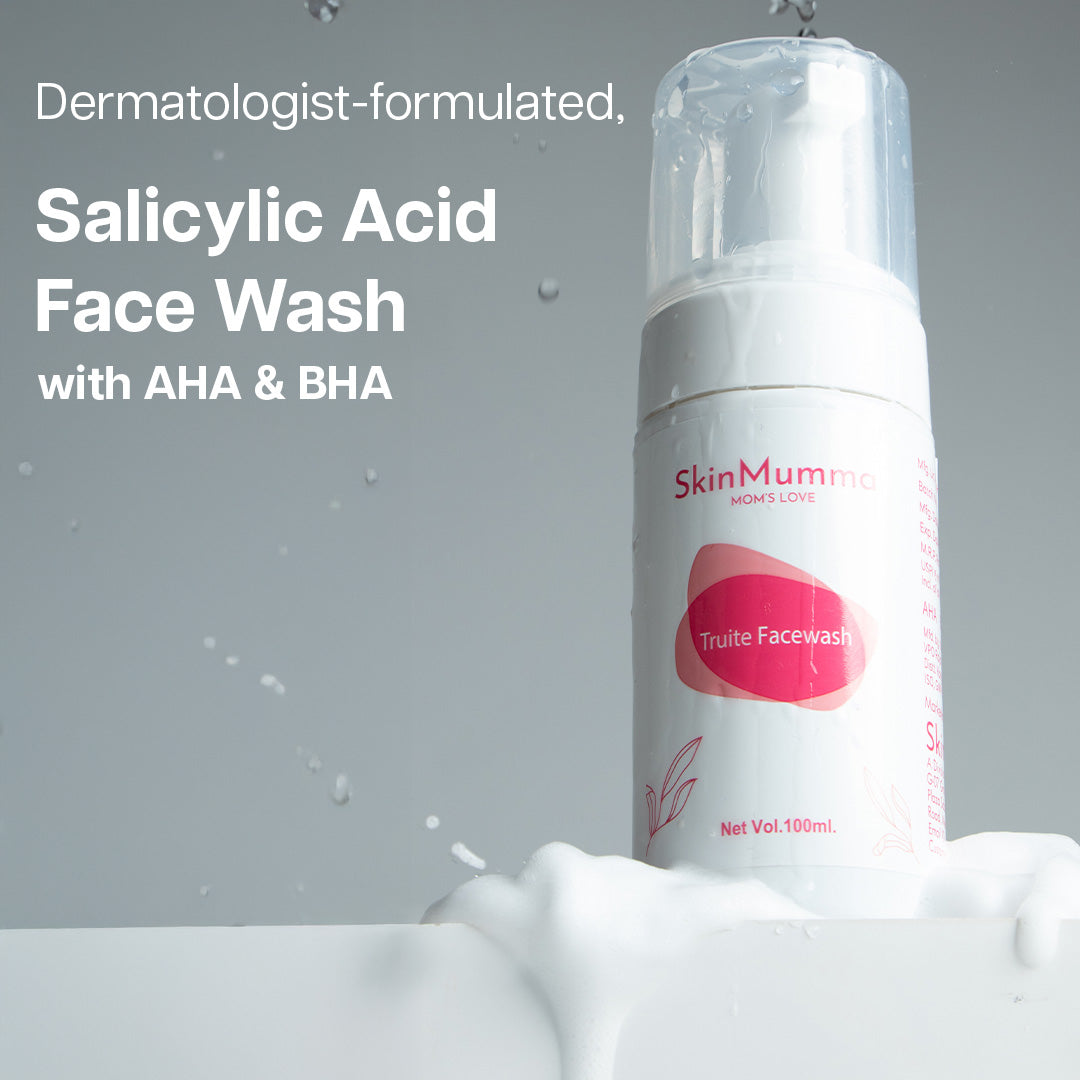
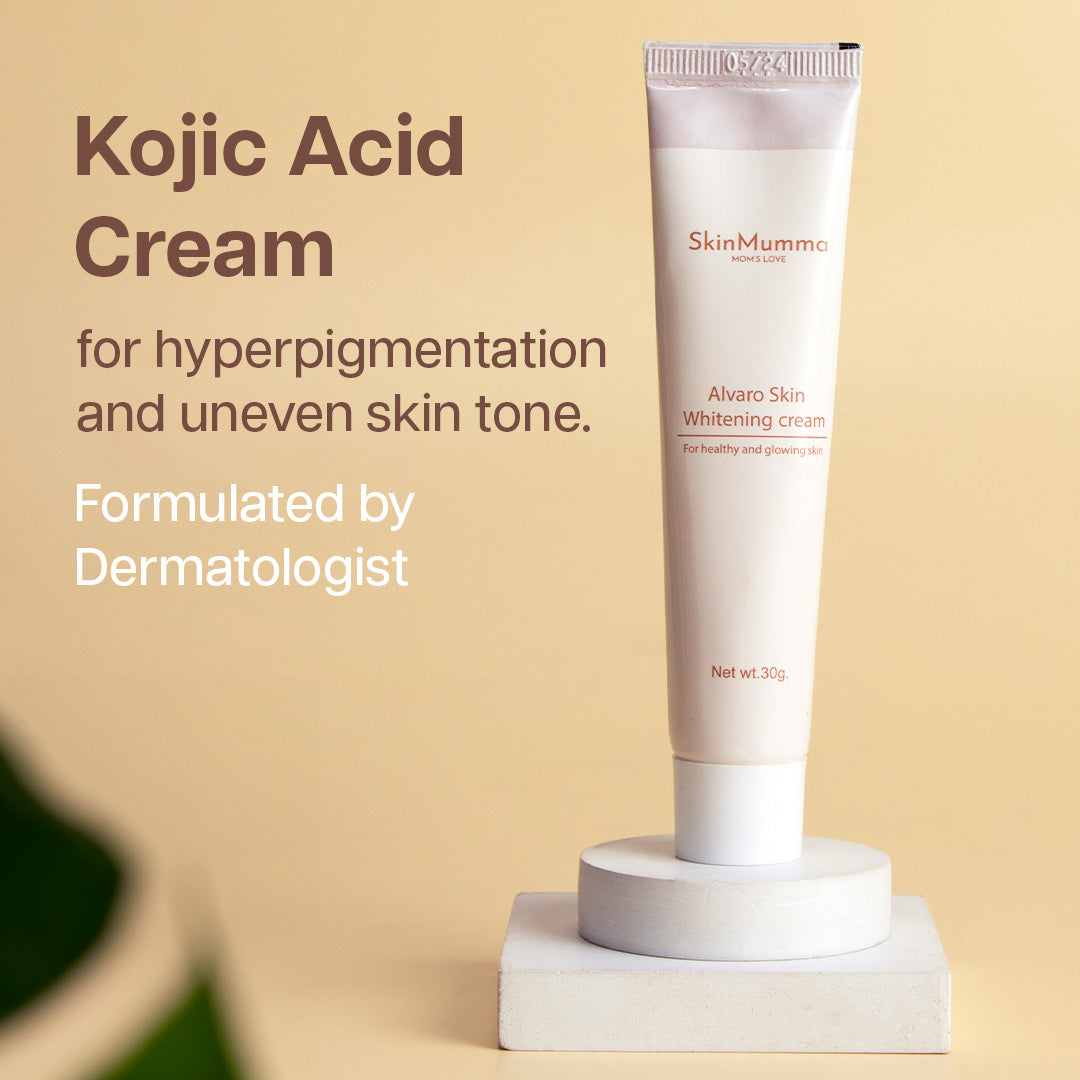
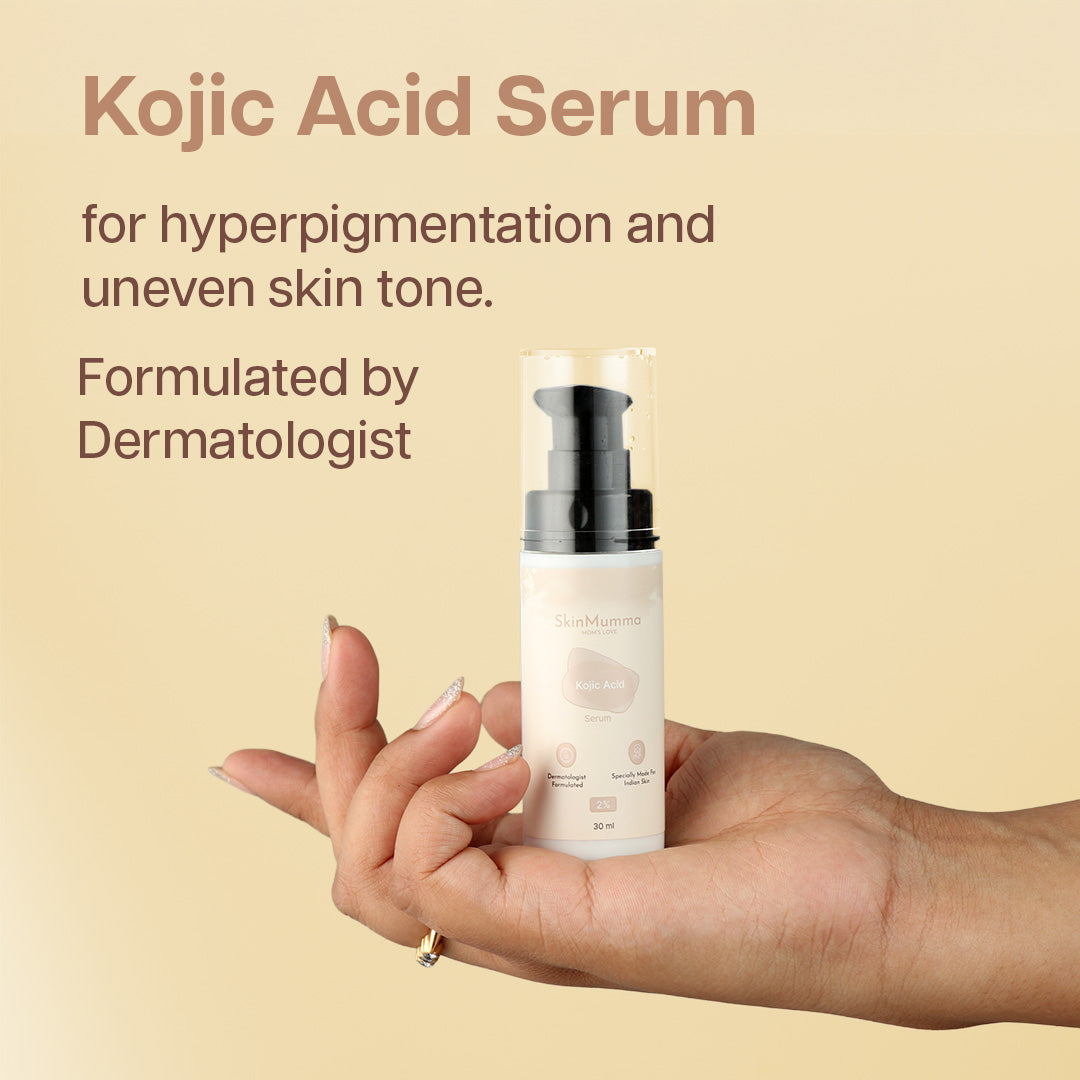
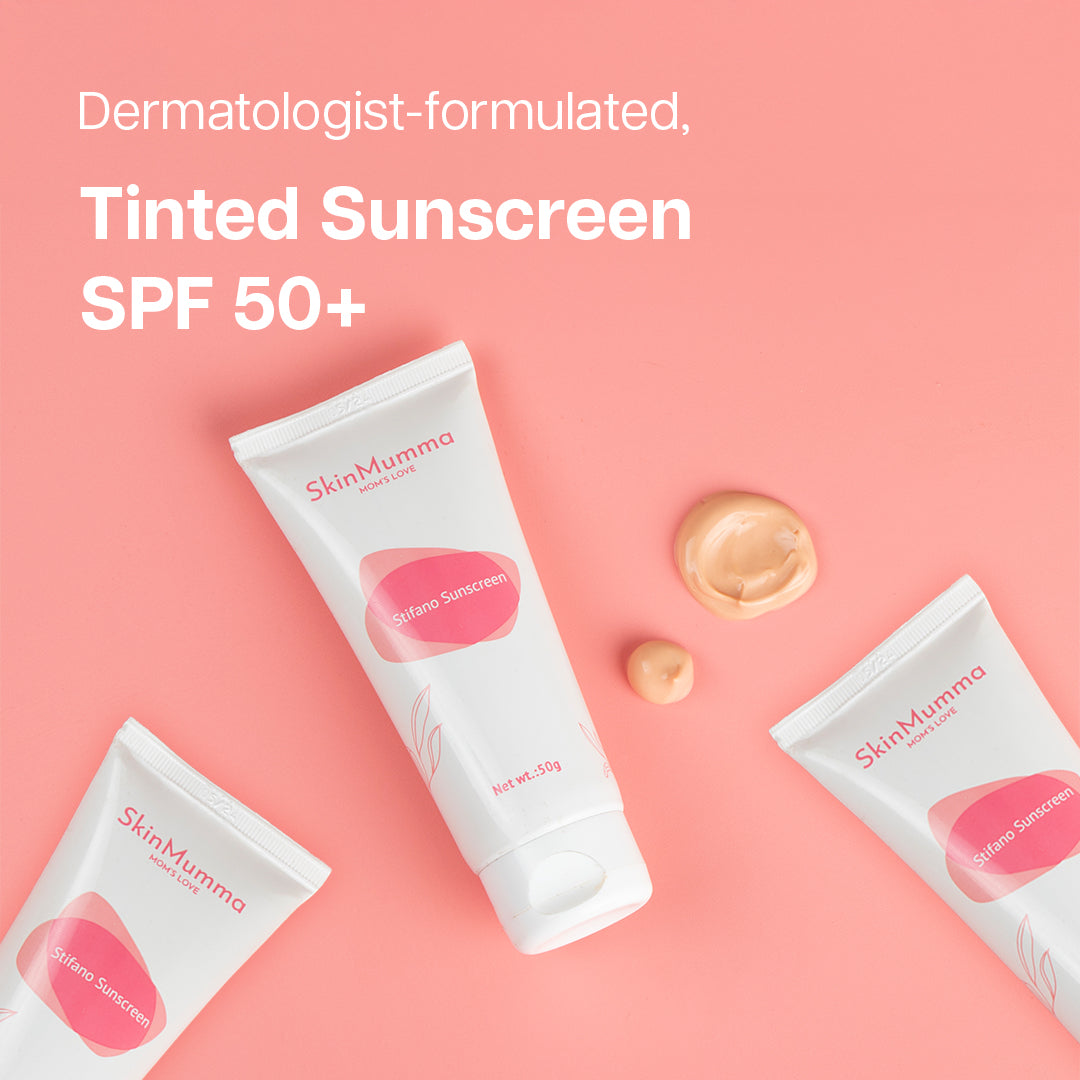
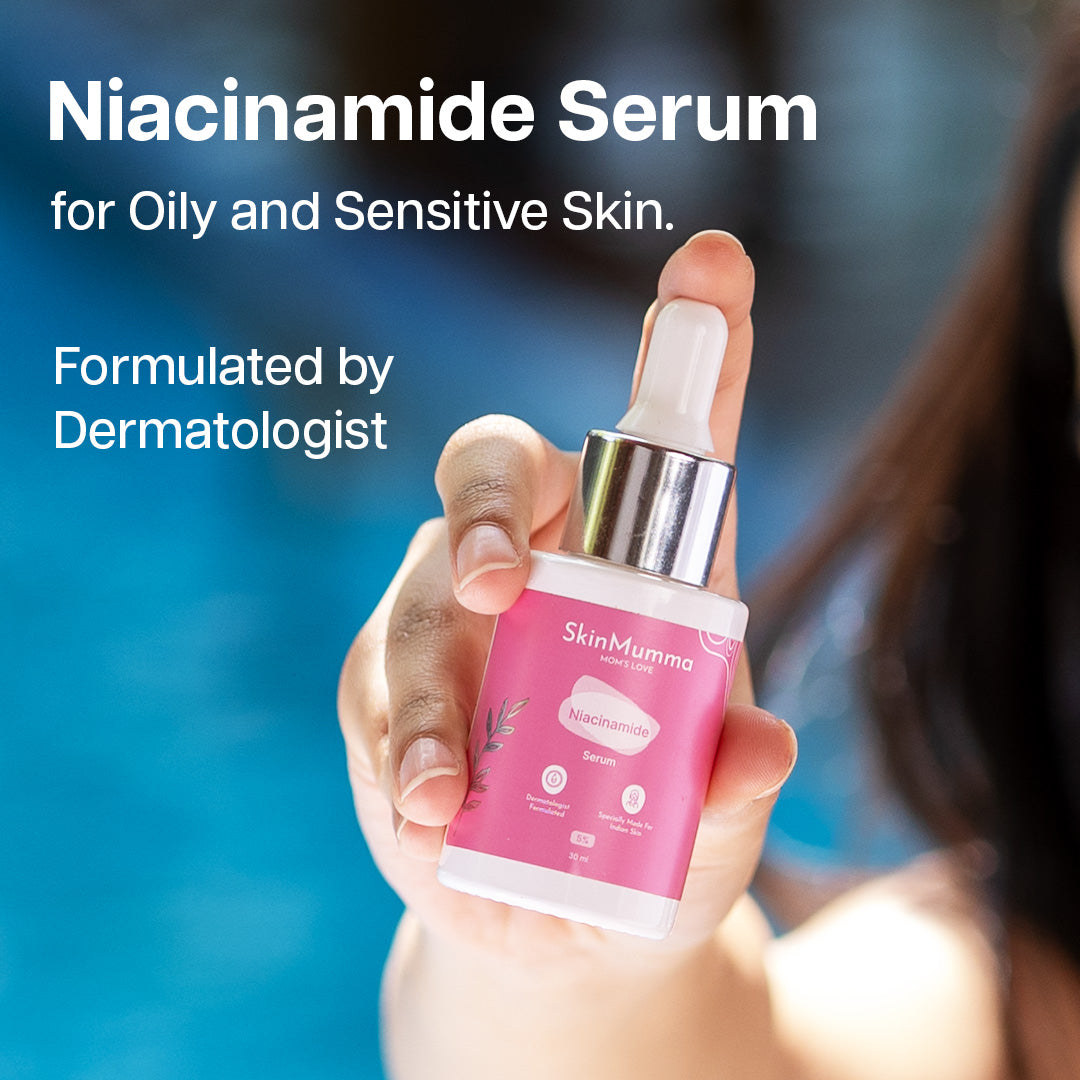
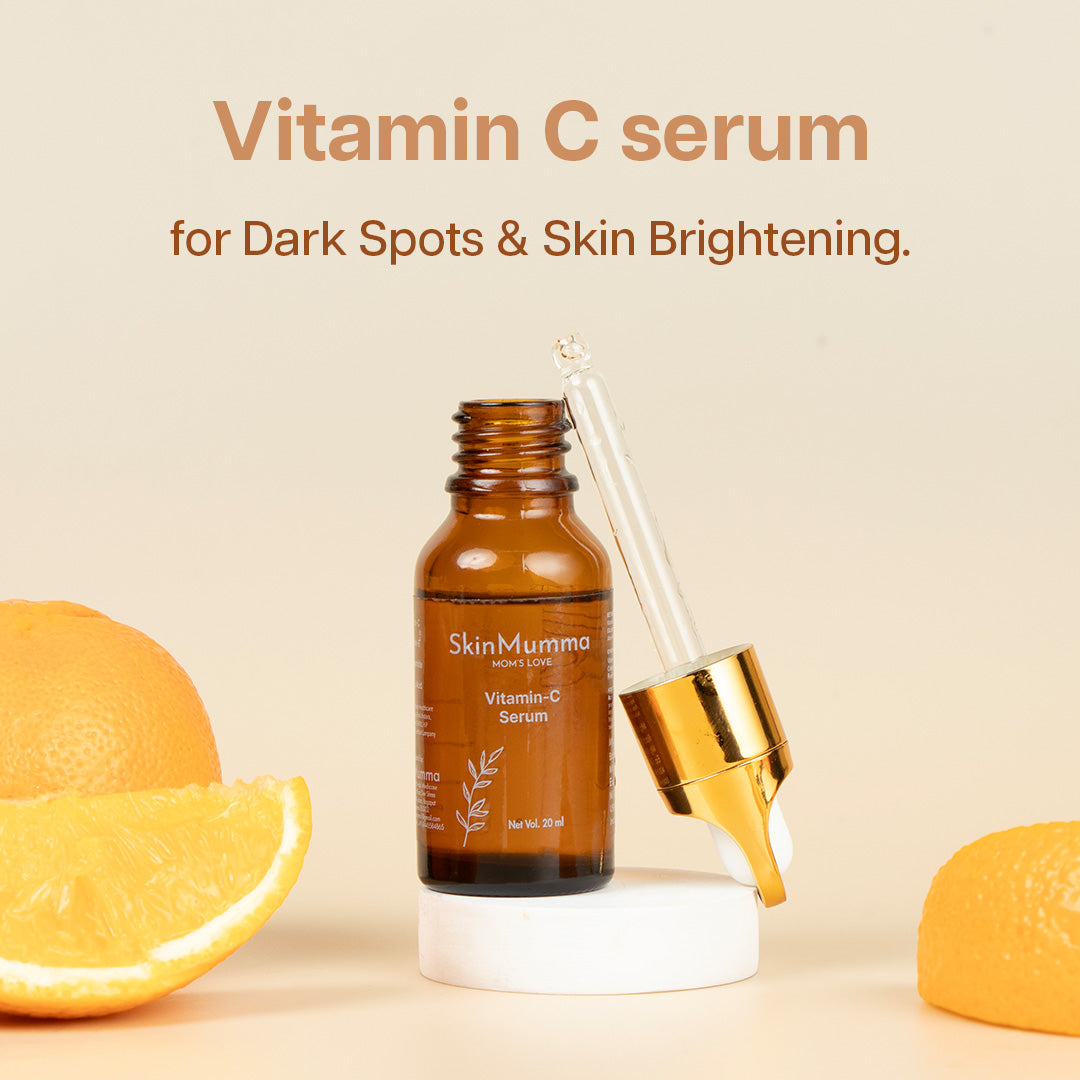




Dr Manisha Bindal is the senior dermatologist and laser skin expert with more than 25 yrs of experience in clinical practice. She has to her credit various advanced skin care procedures and Laser skin treatment protocols including chemical peels, fillers, threads and injections. You can trust the expert hands for any skin or hair related problems or any procedure if need be.